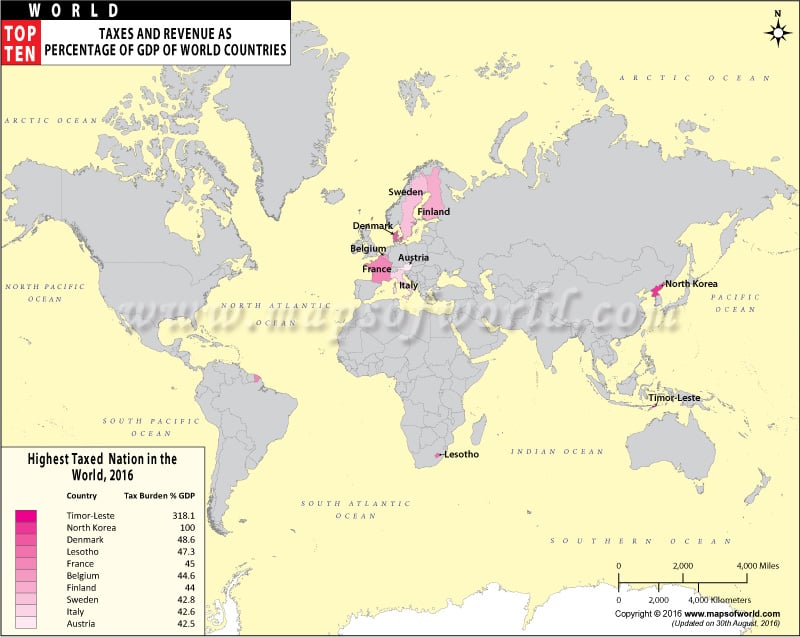Stock options taxation germany
Welcome to the Germany page of our Global Employee Equity at a glance series. To view other countries in this series, please visit our Global Employee Equity at a glance page. If you would like a copy of the full Global Employee Equity at a glance please register your interest here. Stock Option Plans Employment Regulatory Tax.
Restricted Stock and RSUs Employment Regulatory Tax. Employee Stock Purchase Plans Employment Regulatory Tax. There is a risk of employees claiming that they are entitled to compensation for loss of rights under the Plan where the Plan is amended or discontinued or where their employment is terminated.
Companies should be mindful of this when determining the eligibility of employees to participate in a Plan, the benefits being granted and the exercise of any discretion. A disclaimer should be included in the award agreement, which acknowledges each employee's receipt of the Plan documents and the discretionary nature of the Plan and that termination of employment will result in the loss of unvested rights.
Although there is no legal requirement to do so, it is recommended that the Plan documents be translated into German. Processing of employee data for purposes directly connected to the employment relationship can generally be justified on the basis that the processing is necessary to fulfill the contract of employment.
Purposes outside that category need to be assessed on a case-by-case basis, and opt—in consent may be required in some cases. An employee is generally subject to income tax on the gain on exercise i. A "flat tax" may be payable on sale of the Stock, plus a solidarity surcharge and, if applicable, church tax. The flat tax regime will, however, not apply if the employee at any point during the five years preceding the sale held whether directly or indirectly a stake representing at least 1 percent of the share capital of the Issuer.
Social insurance contributions are due from both the Subsidiary and the employee on all income received up to a threshold which is subject to change on an annual basis.
If employees exceed this threshold, social security contributions will not be due on the exercise of the Options. The Subsidiary has an obligation to withhold the income tax and social security contributions if the threshold has not been met due on the excess of the market value of the Stock acquired over the exercise price.
A deduction is available if the Subsidiary reimburses the Issuer for the costs of the Plan. Electronic execution of award agreements may be acceptable under certain conditions, which are not onerous.
Global Employee Equity at a glance: Germany | White & Case LLP International Law Firm, Global Law Practice
Neither the grant nor the vesting of Restricted Stock or RSUs is likely to trigger any prospectus requirement. Purposes outside that category need to be assessed on a case-by-case basis, and opt-in consent may be required in some cases. For Restricted Stock, an employee is generally subject to income tax on the value of the Restricted Stock when it is granted. For RSUs, an employee is generally subject to income tax on the value of the Stock received on vesting.
A "flat tax" may be payable on any gain upon the net proceeds of the sale of Restricted Stock and Stock, plus a solidarity surcharge and, if applicable, church tax. The flat tax regime will, however, not apply if the employee at any point during the five years preceding the sale held whether directly or indirectly a stake representing 1 percent of the share capital of the Issuer.
Social security contributions are due from both the Subsidiary and the employee on all income received up to a threshold which is subject to change on an annual basis.

If employees exceed this threshold, social security contributions will not be due on income from the Restricted Stock or Stock as applicable. The Subsidiary has an obligation to withhold the income tax and social security contributions if the threshold has not been met due. Companies should be mindful of this when determining the eligibility of employees to participate in a Plan and the exercise of any discretion.
It is possible that a prospectus will be required for participation in the Plan to be offered to employees in Germany. However, certain exemptions, exclusions and interpretations may be applicable and, in practice, a prospectus is rarely required.
For example, offers made to no more than persons in any one Member State are exempt and certain Issuers including those incorporated or listed in a Member State are required only to publish summary information about the Plan and the Stock in substitution for a prospectus.
Where a prospectus is required, the Issuer may be able to take advantage of a short form regime under which certain requirements for the prospectus' contents are waived. Purposes outside that category need to be assessed on a case—by—case basis, and opt—in consent may be required in some cases.
An employee is generally subject to income tax on the value of any discount when the Stock is purchased.
A "flat tax" may be payable on sale of the Stock plus a solidarity surcharge and, if applicable, church tax. If employees exceed this threshold, social security contributions will not be due on income from the purchase of Stock under the Plan.
Intertax - Kluwer Law Online
Global Employee Equity at a glance. This publication is provided for your convenience and does not constitute legal advice. This publication is protected by copyright. Skip to main content. Prior results do not guarantee a similar outcome. Facebook LinkedIn Twitter Google Plus You Tube.